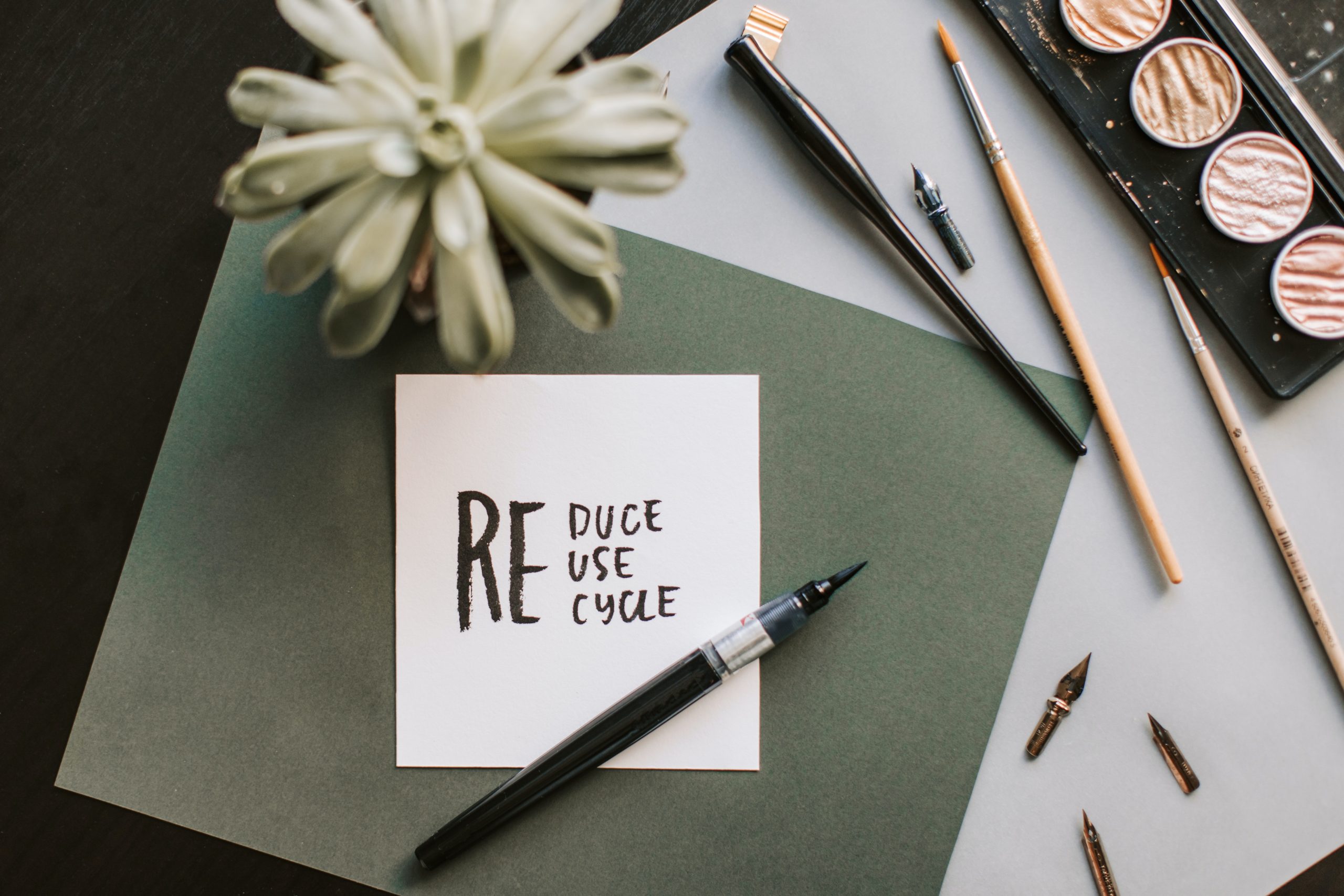
What is Recycling ?
Recycling is the process of converting waste materials into new products to prevent the waste of potentially useful materials, reduce energy consumption, and decrease the negative impact of waste on the environment.
Recycling involves the collection, sorting, processing, and manufacturing of materials such as paper, plastic, glass, and metal.
READ ALSO: Effective Music Marketing Strategies for Musicians
Importance of Recycling
Recycling is essential for the health of our planet and its inhabitants. Here are some of the key reasons why recycling is important:
- Conservation of resources: Recycling helps to conserve natural resources such as timber, water, and minerals. By reusing materials, we reduce the need to extract new resources from the earth, which can be a costly and damaging process.
- Reduction of waste: Recycling reduces the amount of waste that goes to landfills and incinerators. This helps to reduce the amount of greenhouse gases and other pollutants that are released into the atmosphere.
- Energy conservation: Recycling often requires less energy than producing new materials from raw resources. This can lead to significant energy savings, which can help to reduce carbon emissions and combat climate change.
- Job creation: Recycling creates jobs in areas such as collection, processing, and manufacturing. These jobs can help to boost the local economy and provide opportunities for workers.
- Environmental protection: Recycling helps to protect the environment by reducing the need for new landfills, preserving habitats, and reducing pollution. By recycling, we can help to protect the health of our planet and its inhabitants.
Overall, recycling is a vital part of sustainable living and helps us to create a cleaner, healthier, and more prosperous world for ourselves and future generations.








